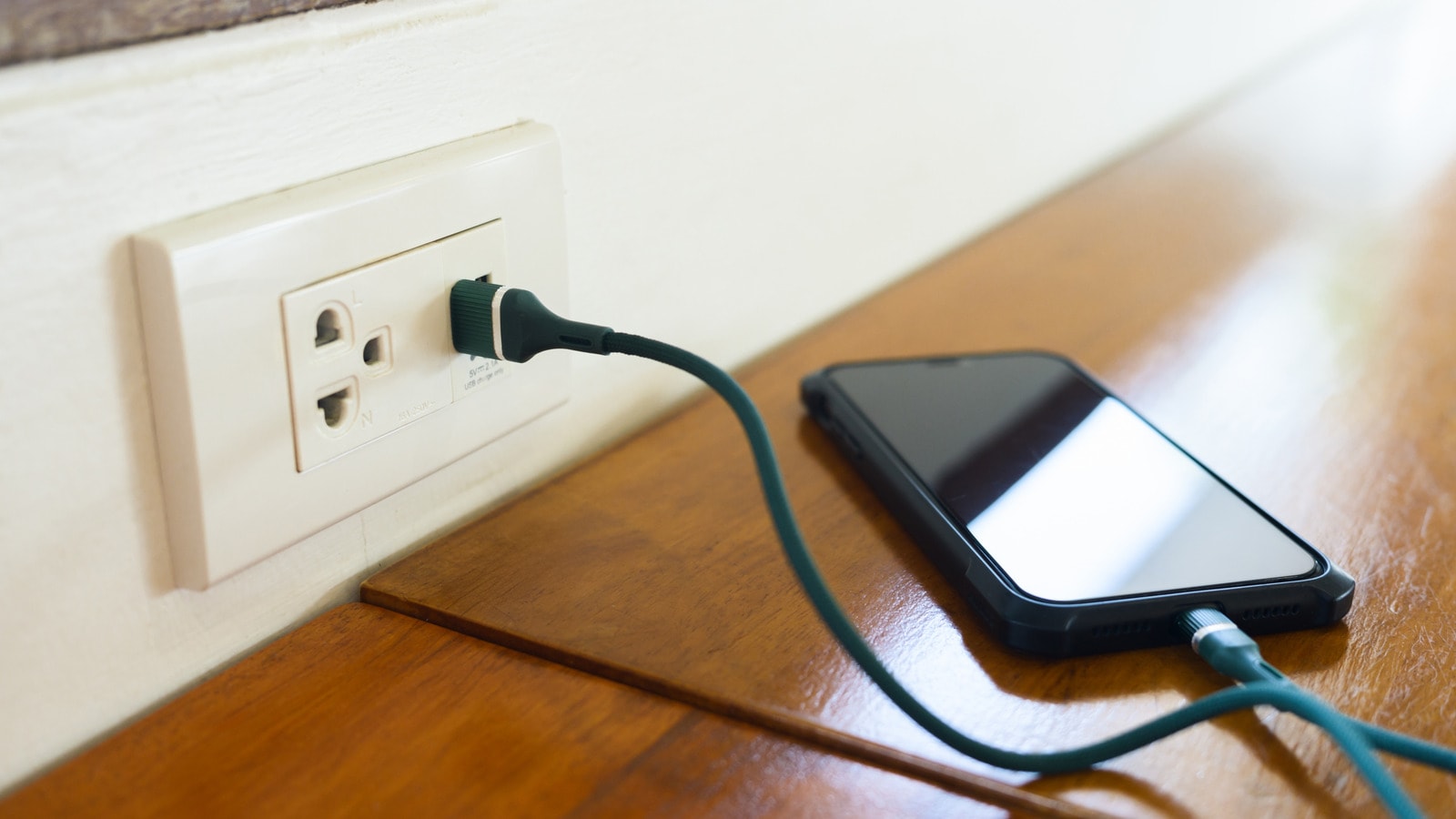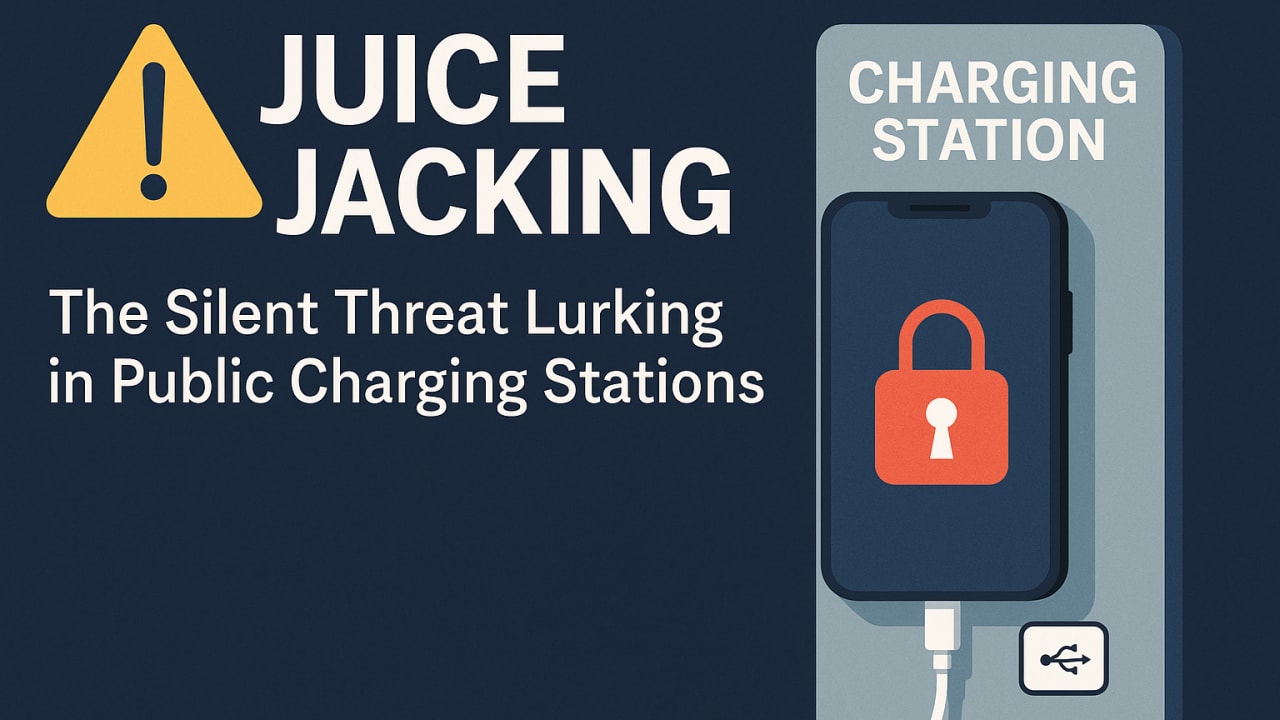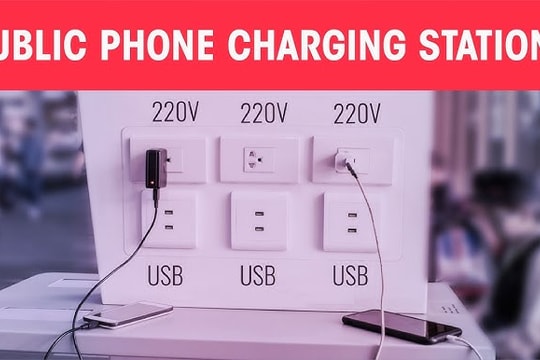Security experts warn against using public USB charging ports
Cybersecurity experts warn that plugging devices into public USB charging ports can pose a number of security risks, from data theft to malware infections that users may not be aware of.
If you have ever been to an airport, train station or shopping mall in the past few years, you have probably come across public USB charging stations. They can appear in many different forms, from USB sockets built into electrical outlets, fixed charging stations, to compact mobile devices serving the community.
Thanks to their convenience, these charging stations have quickly become popular everywhere, from bus stops, libraries, fairs, and even at community events. The image of passengers hastily plugging their phones into a public USB port, or of people crowding around charging stations at the airport while waiting for their flights, has become a familiar sight.

However, parallel to that popularity are increasingly clear warnings from cybersecurity experts and authorities. They emphasize that plugging personal devices into random charging ports without consideration can potentially pose risks, from data theft to malware infection.
Why shouldn't you use public USB charging stations?
For years, authorities and cybersecurity experts have repeatedly warned against using public USB charging stations. Both the US Transportation Security Administration (TSA) and the US Federal Bureau of Investigation (FBI) have advised people to avoid plugging personal devices into these charging ports. The reason comes from a type of cyberattack called “juice jacking” – when bad guys take advantage of the USB protocol not only to transfer electricity but also to transfer data.
According to the US Federal Communications Commission (FCC), a compromised USB charging port could theoretically be used to install malware on a phone, similar to how hackers have exploited counterfeit USB cables or modified third-party cables.
Once malware is installed, it can open the door to a whole host of risks, from stealing personal data, hacking into passwords and bank accounts, to monitoring private messages and photos. The danger is that the whole process can happen silently, making it difficult for users to detect.

While the FCC says it has not seen any confirmed cases of juice jacking, that doesn’t mean the threat doesn’t exist. Given the increasingly sophisticated nature of cybercrime, many experts say that with just a small loophole, such attack scenarios could become a reality.
So what should users do? Experts recommend not using public USB charging stations, especially when traveling. Instead, bring your own charger and plug it directly into a wall outlet, which is much safer.
Another option is to use a spare battery, a solution that is both convenient and ensures privacy. In case you have to use a USB charging station, you can equip yourself with a USB data blocker. This compact device acts as a “shield”, allowing electricity to pass through to charge the battery but blocking all data, preventing the risk of exploitation.
In other words, the convenience of public USB charging stations comes at a high price if you are not careful. Proactively carrying your own charging solution is a simple but effective way to protect yourself from potential threats in the digital age./.





